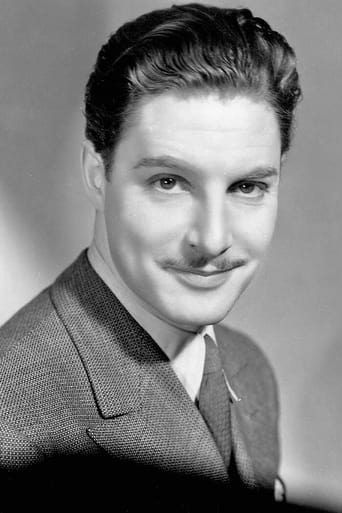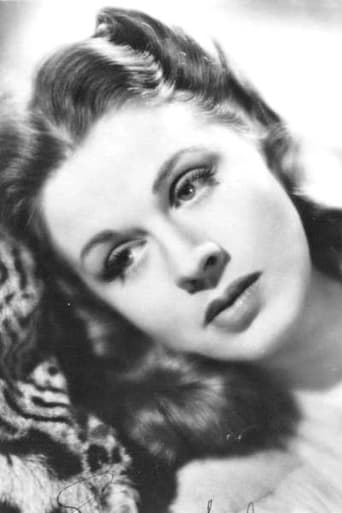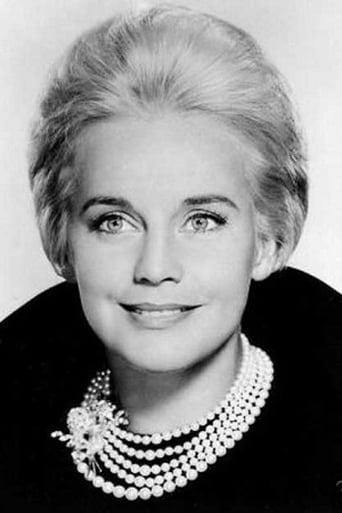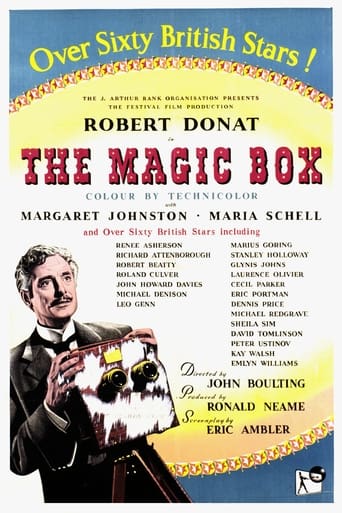
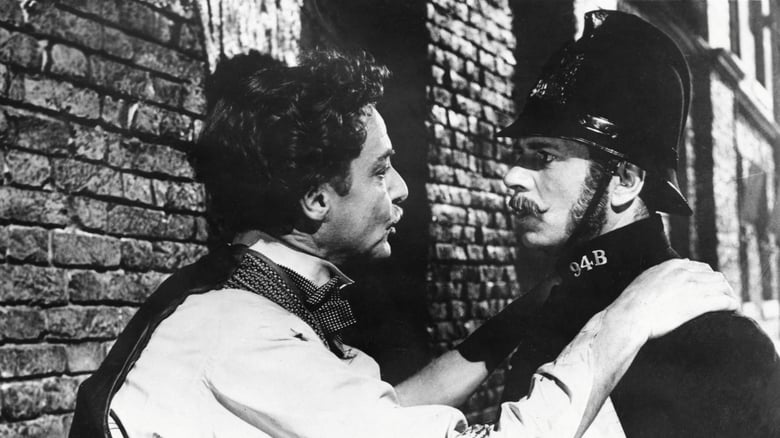
The Magic Box (1952)
Now old, ill, poor, and largely forgotten, William Freise-Greene was once very different. As young and handsome William Green he changed his name to include his first wife's so that it sounded more impressive for the photographic portrait work he was so good at. But he was also an inventor and his search for a way to project moving pictures became an obsession that ultimately changed the life of all those he loved.
Watch Trailer
Cast


Reviews
I like movies that are aware of what they are selling... without [any] greater aspirations than to make people laugh and that's it.
It’s sentimental, ridiculously long and only occasionally funny
The story, direction, characters, and writing/dialogue is akin to taking a tranquilizer shot to the neck, but everything else was so well done.
It is encouraging that the film ends so strongly.Otherwise, it wouldn't have been a particularly memorable film
(63%) A quite quaint dramatisation of one of the first ever inventors of a camera with motion capture capability. The story itself is one of quite strong sadness as poor old Friese-Green struggling to keep his, and his families, head above water while he works away below stairs on his invention. Everything is as you'd expect from a well made early 50's British movie with a capable cast with a few big names making an appearance, and it is quite an insight into the inner workings of late Victorian/Edwardian photography and life in general. Anyone with interest in either early cinema or British classics (or both) should give this a hunt down.
Superb film often overlooked when we talk about the accomplishments of the late Robert Donat. Donat proved to be a fine character actor and too bad that he died so early; otherwise, there would have been more brilliant performances in store for him.This film is the autobiography of William Friese Greene, who by the account of this fine film, made the moving picture literally move by camera.The film is splendidly detailed and boasted a cast of every well known British star of that period.If you blink an eye, you don't realize that the film goes back to his first marriage. Notice that nothing is really said about what happened to his children from both marriages.Friese Greene was a kindly, devoted inventor who should never have married. He allowed his work to neglect his responsibilities as a husband and father. The man was a dreamer and Donat captured every movement of that dream.This was certainly a stellar film.
The Magic Box documents Friese-Greene's obsession to (be the first to) produce moving images using a continuous strip of photographic film. Robert Donat as Friese-Greene as usual gives a professional performance as we follow his endless trials - in two senses. Yet one short scene lifts the film above being just a parade of Britain's acting talents in a worthy centennial celebration of F-G's life. Arguably the most illustrious actor of his generation, Laurence Olivier, has an apparently minor part as a London copper called in by an over-excited Friese-Greene to witness his first successful projection of a moving image. It is though through Olivier's star performance that we are able to share the extraordinary experience of being only the second person in the world to see moving pictures. They surely knew when casting that this was the star role.Friese-Greene is buried at the famous Highgate Cemetery East in North London. The obelisk with his name can be seen from the road about 100 yards down from the entrance. The inscription is simple "William Friese-Greene Inventor of Cinematography". The premise of "The Magic Box" was exactly that yet sadly the man, the film and the claim itself have in recent years received the most shabby treatment of all in the country which produced them. Friese-Greene's patent was for using perforated celluloid film moving at up to 10 frames per second - quite enough to give an impression of movement. That, but using 16 frames per second, became the industry standard for silent film.
The production values are great and almost every major British actor of the day gets a cameo, but nothing can help the script's confusing flashback structure and the fact that the protagonist, the British cinema pioneer William Freise-Greene, is neither likable nor interesting in the film. He comes over as someone so obsessed with his research that he ignores or walks over everyone around him.


